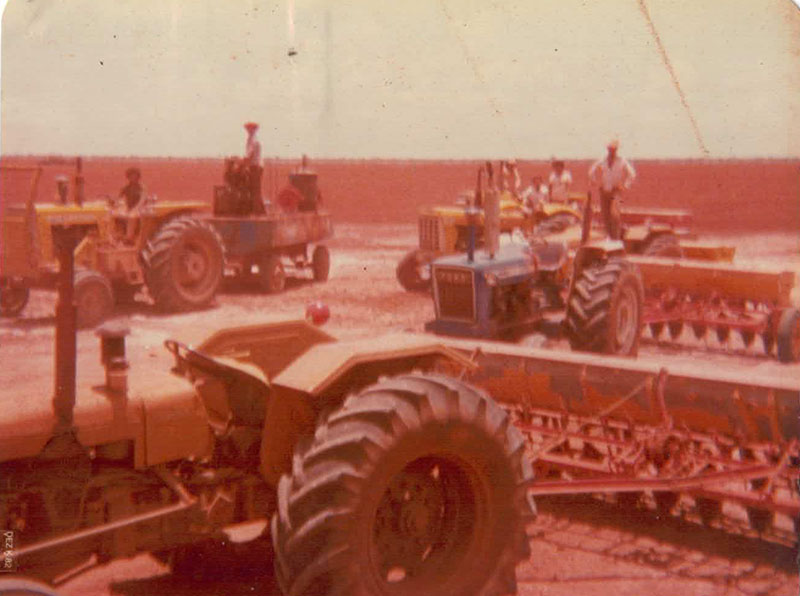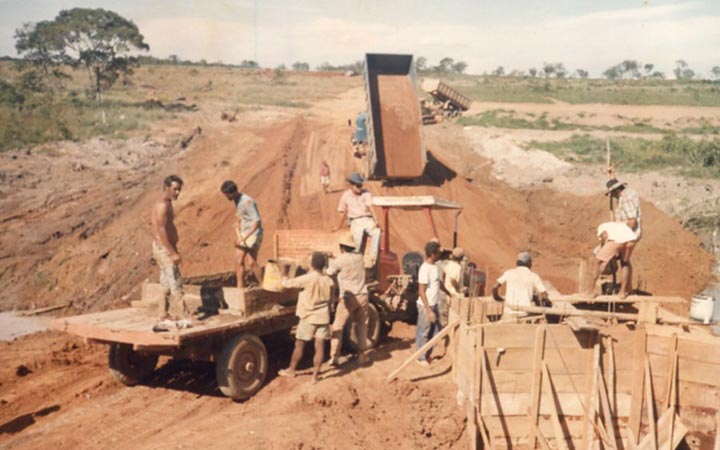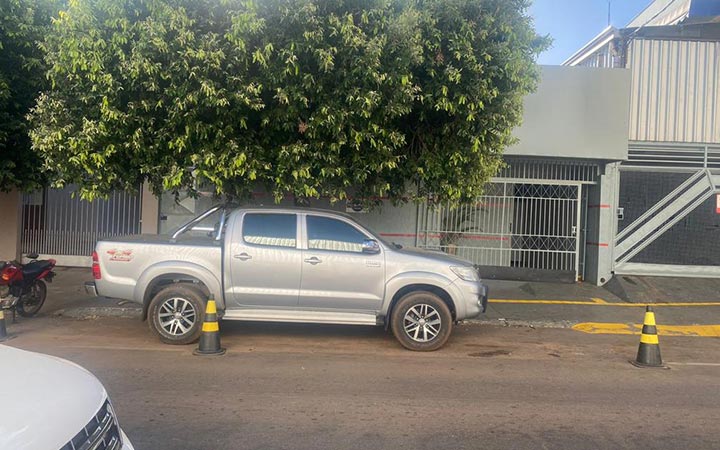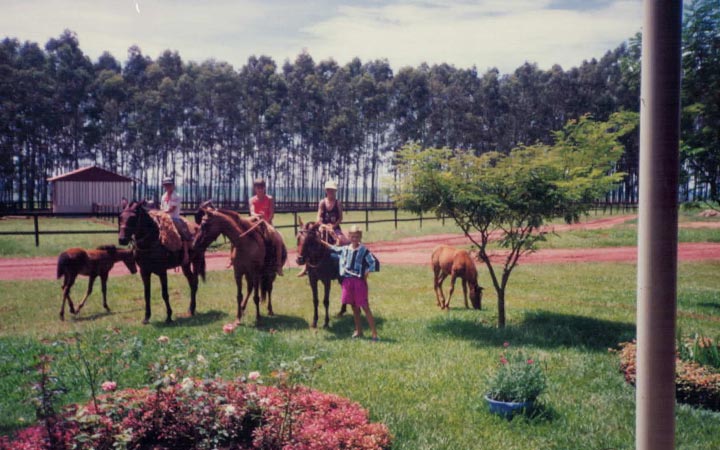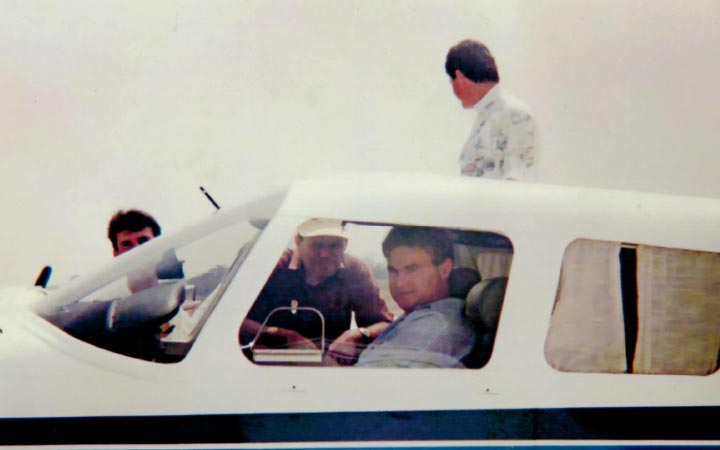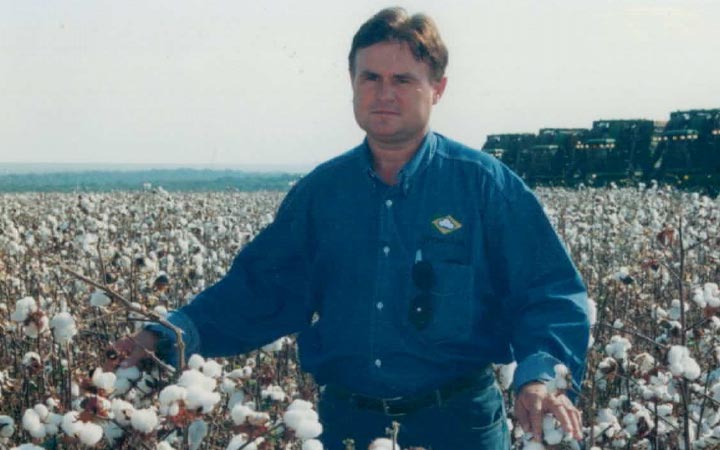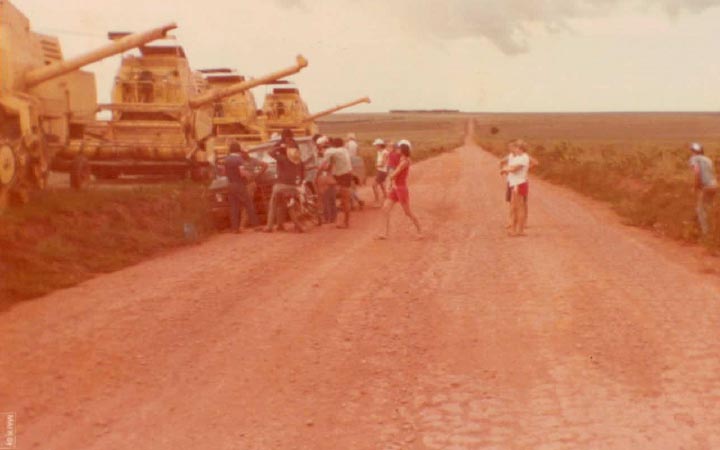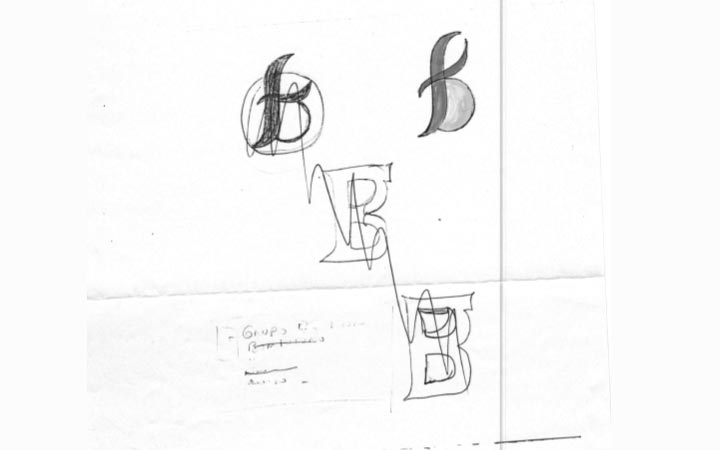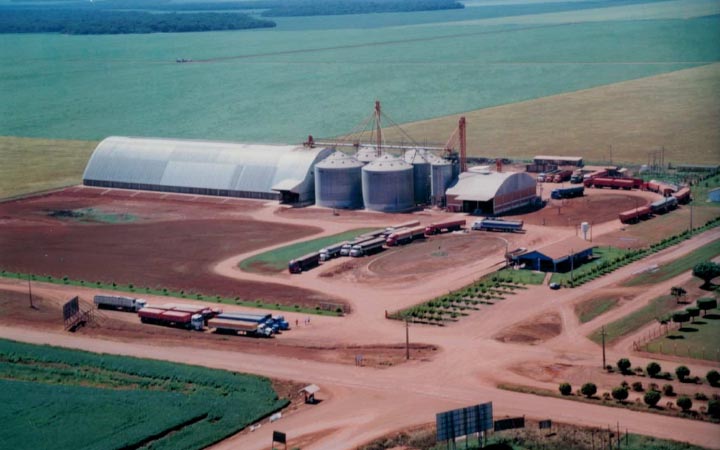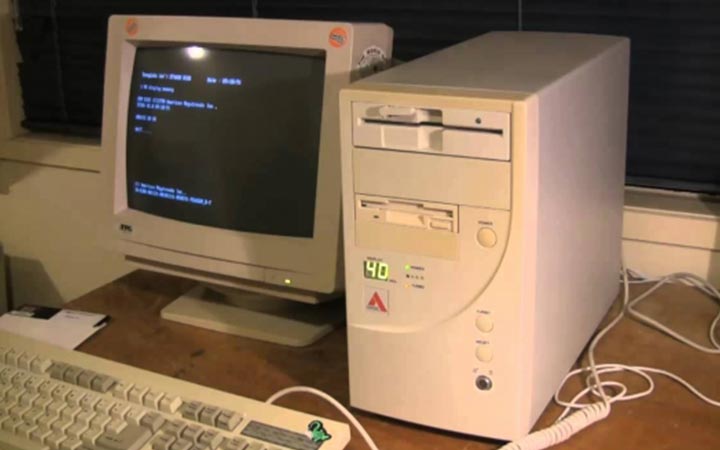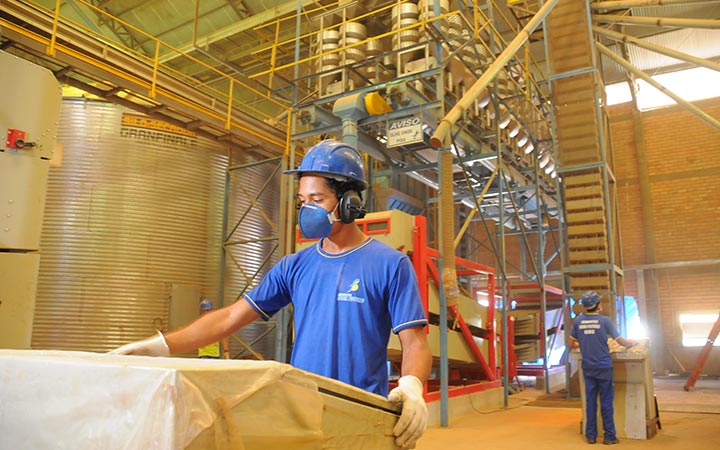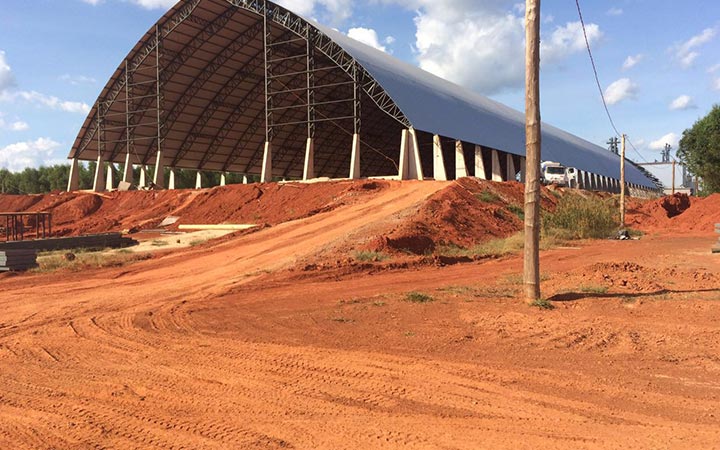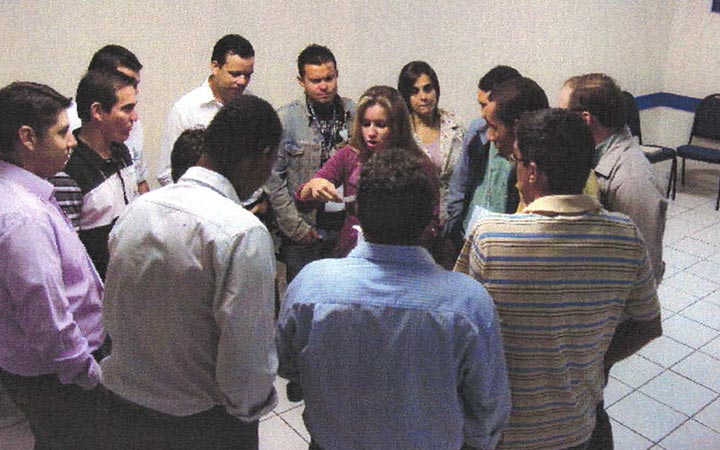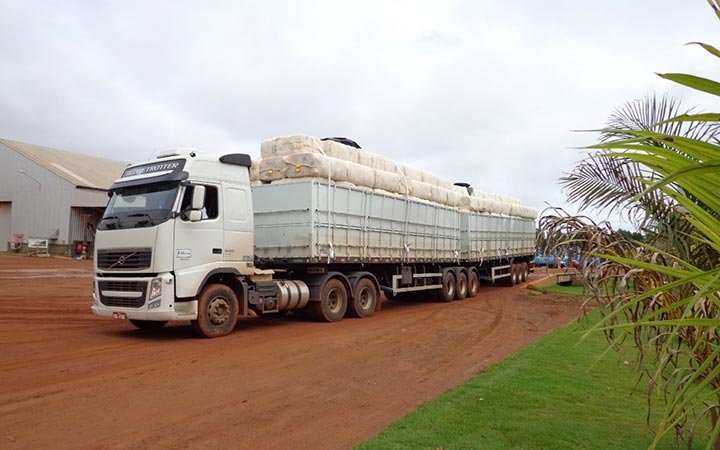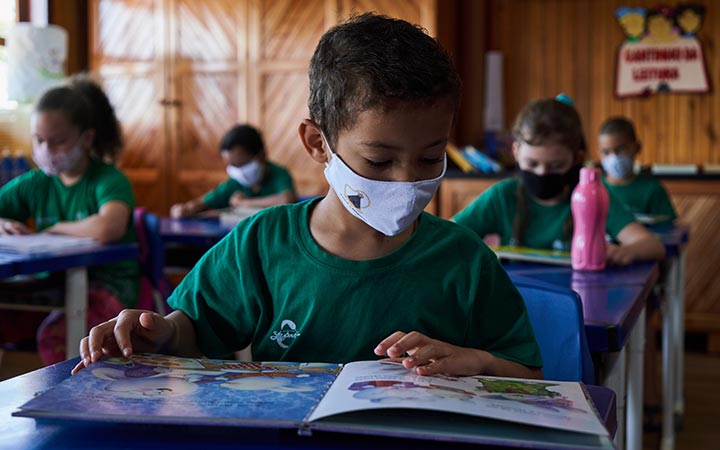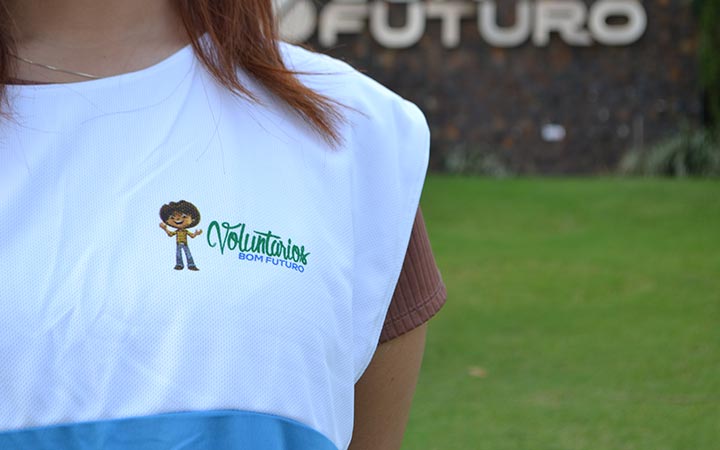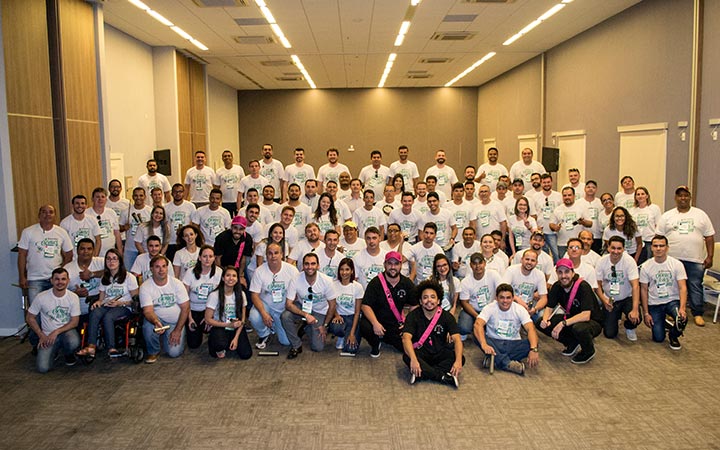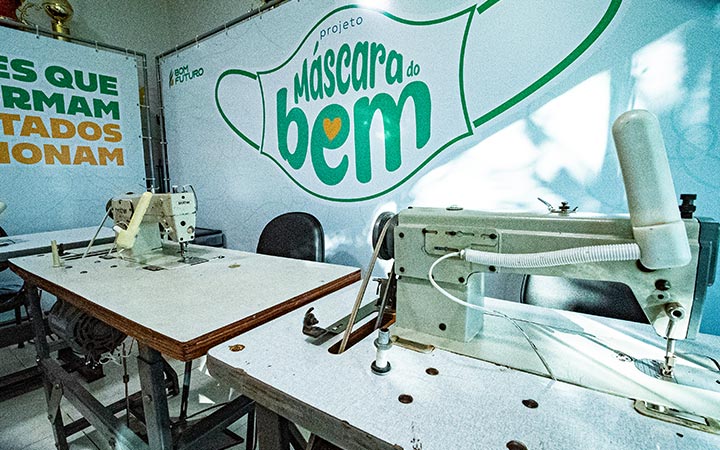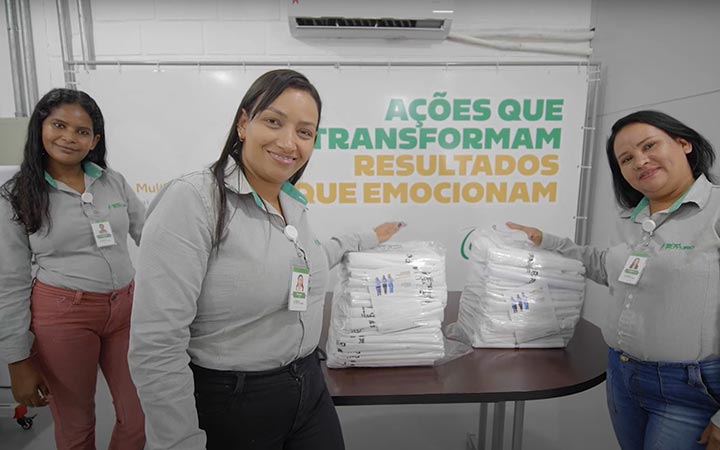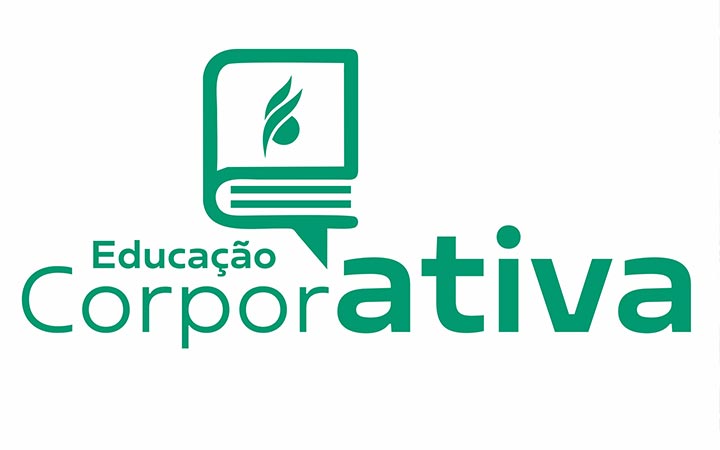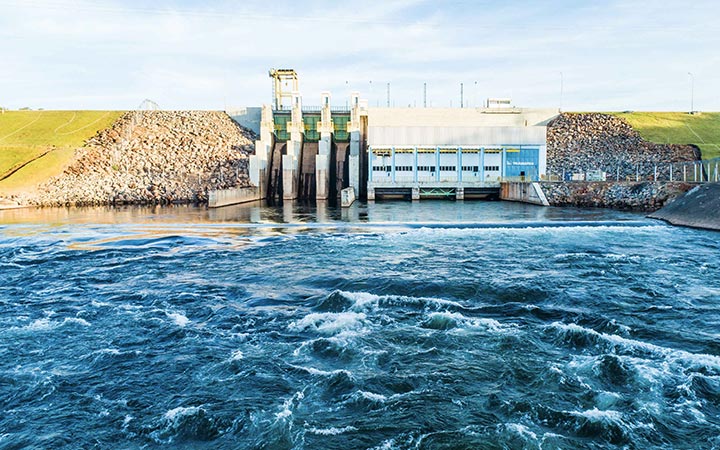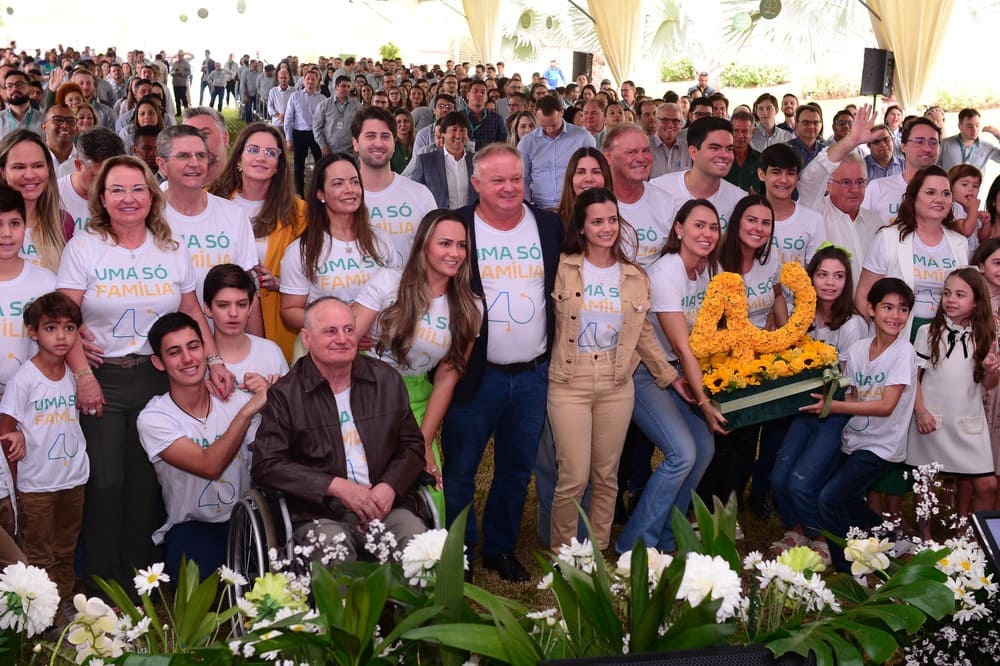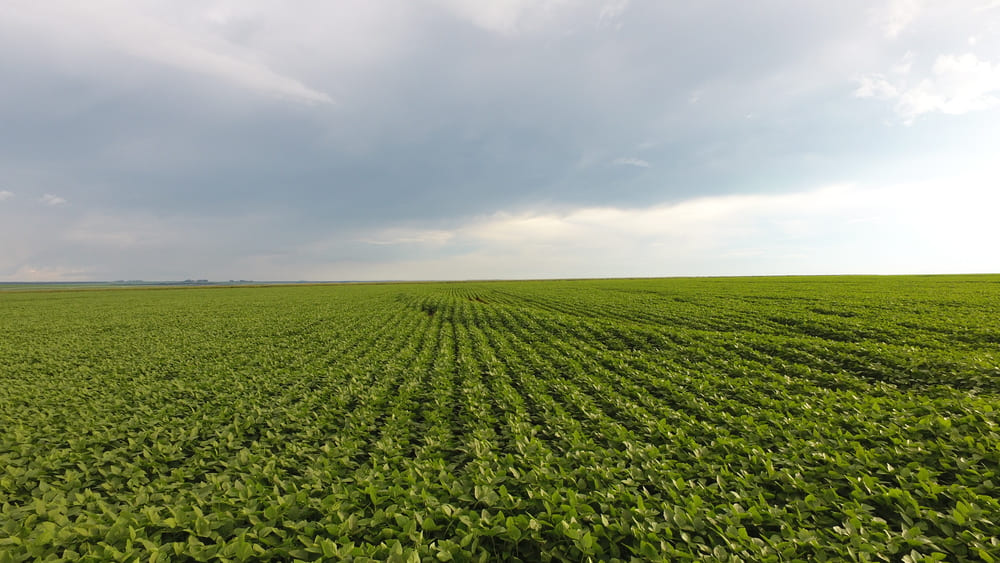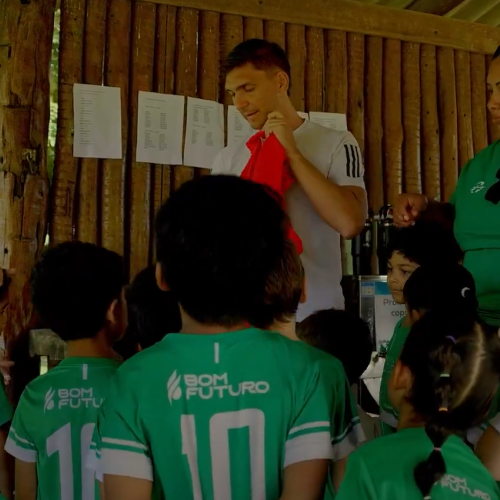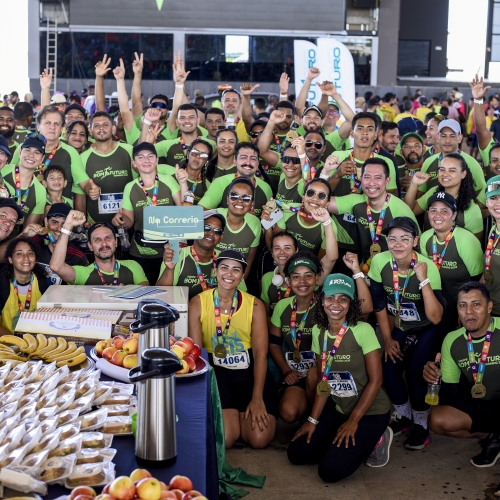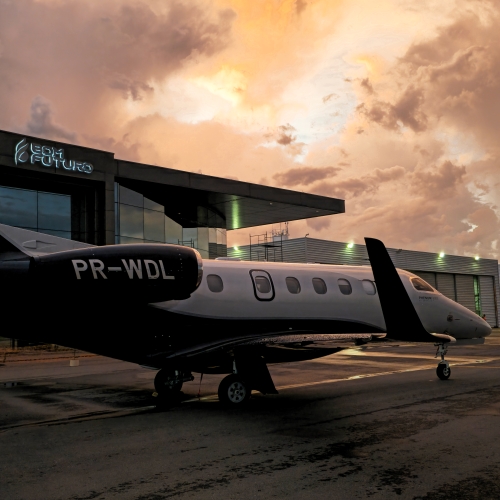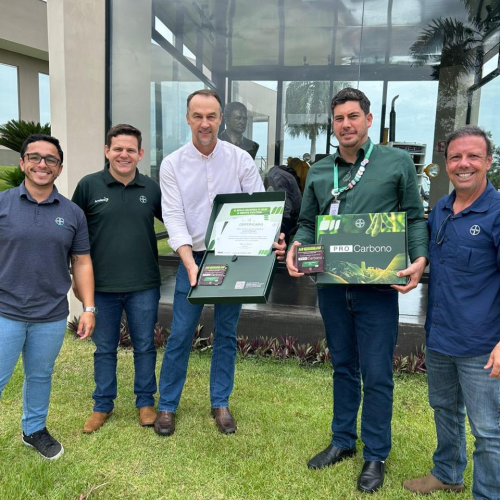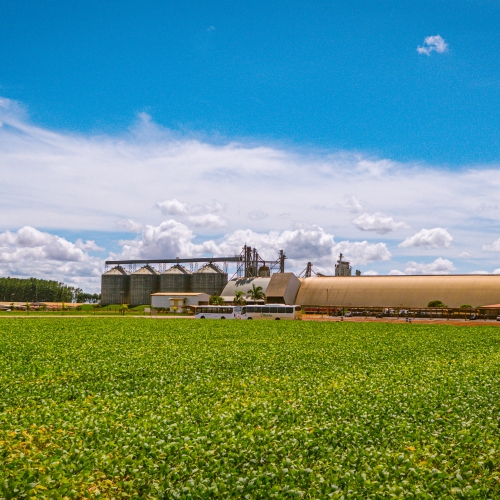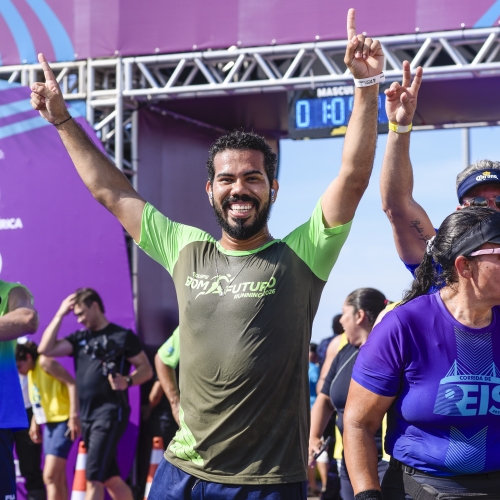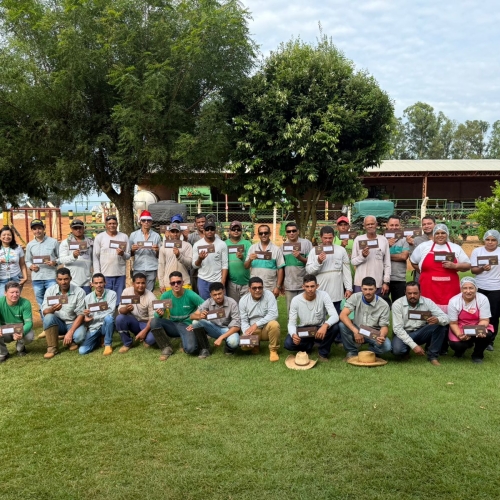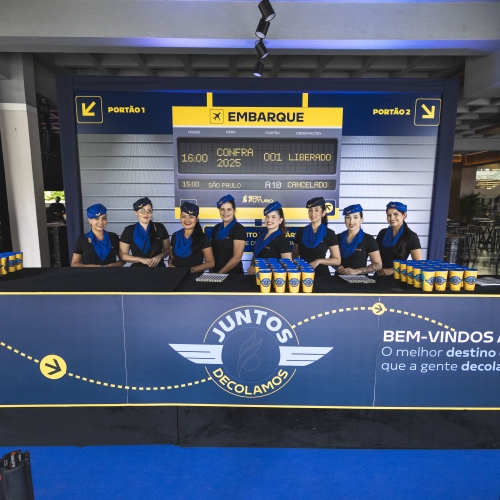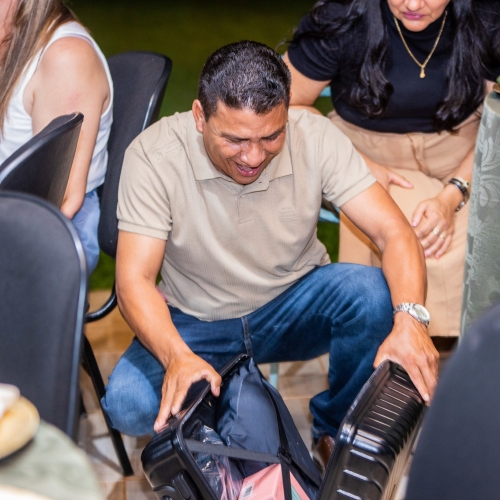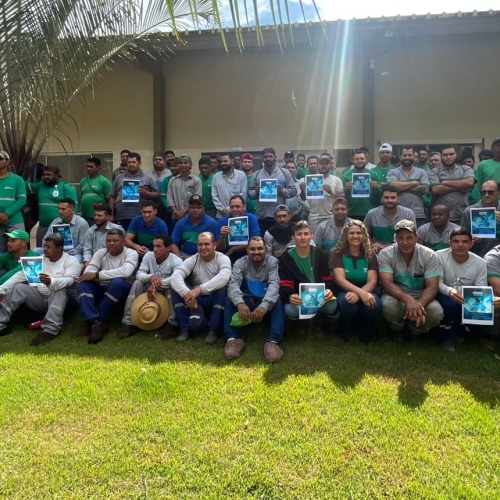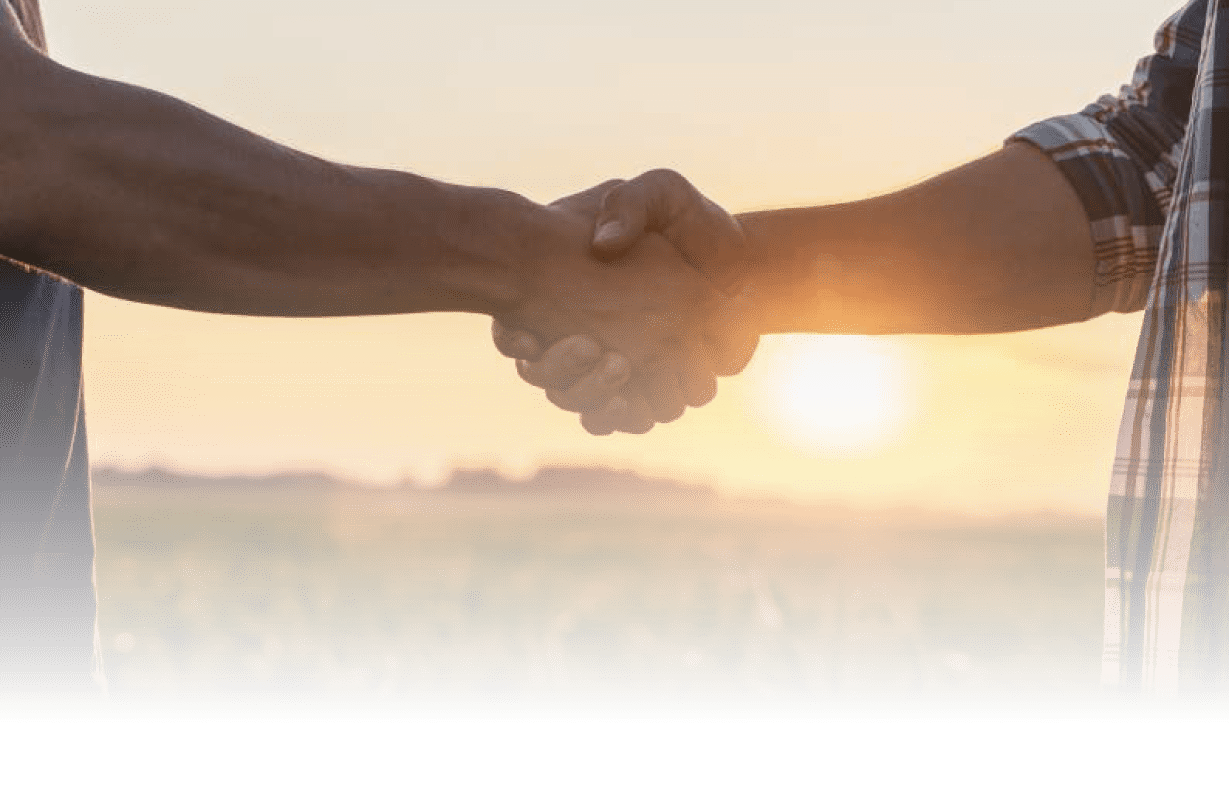
About Us

We are innovation and diversification, with a focus on Agribusiness

Our history in Mato Grosso began in 1982. Over the course of these four decades, amid challenges, innovative impetus and entrepreneurship, we have shaped our growth and evolved our performance.
Our trajectory gives us expertise, flexibility and agility in decision-making, which are crucial to the success of the business, considering the particularities and external factors that influence activities.
We base our actions on a firm purpose:
" Help Feeding, Clothing and Powering the World!"
To achieve this purpose, we believe it is necessary to constantly innovate in production, adopt sustainable practices and diversify by promoting synergy in operations, this is our mission.
Our vision reinforces that, for the success achieved with this business model to be perpetuated and for us to be remembered as a reference for performance in agribusiness, we need to be socially fair, economically viable and environmentally correct.

Mission
Innovate in the production of agricultural commodities, diversify and promote synergy in other segments of activity, through sustainable practices.
Vision
To be a benchmark for action, perpetuating the business model, being socially fair, economically viable and environmentally correct.
Purpose
Contributing to feeding, clothing and powering the world.
Values
- Commitment:have passion and pride in what you do;
- Entrepreneurship: innovate, be bold, courageous and creative;
- Ethics: act with integrity, maintaining respect and truth;
- Simplicity: make it easy, ask for help, act promptly;
- Sustainability: adding value in a rational and responsible way.
GOVERNANCE STRUCTURE
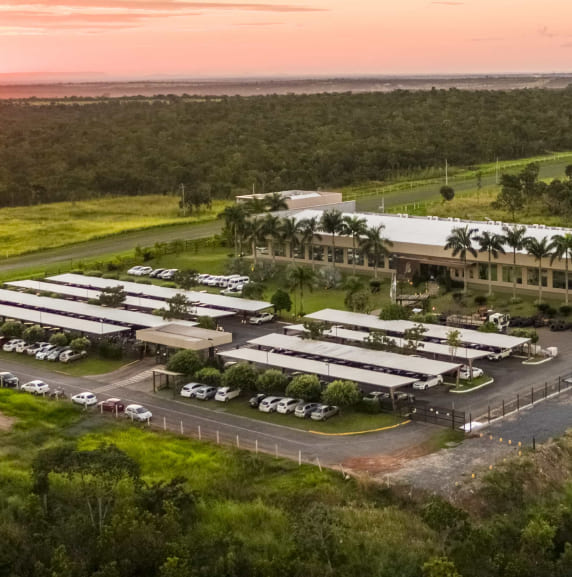
Governance Map
The governance map is an essential tool for establishing the guidelines and processes that guide the structure and functions within a company.
Learn more
Organizational Structure Map
The organizational chart is a visual representation of our organizational structure.
Learn more
Sustainability Policy
Our Sustainability Policy aims to establish our way of being and acting in the pursuit of achieving our purpose of contributing to feeding, clothing and driving the world, taking care of people, resources and business.
Learn more
ETHICS AND TRANSPARENCY
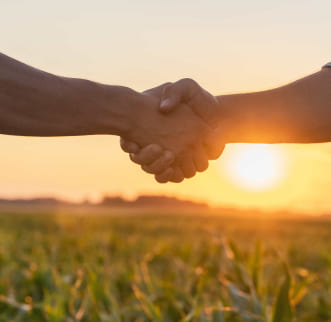
Code of Conduct
Bom Futuro's code of conduct establishes the principles and standards that guide commercial and work relations between the company and its stakeholders. This document guides our practices based on ethics, transparency and trust in all interactions.
Learn more
Whistleblower Channel
Bom Futuro's whistleblower channel policy defines the objectives, scope and guidelines for receiving, investigating and handling complaints through our channel. The policy establishes a clear flow for handling reports ethically, confidentially and with integrity.
Learn more
Privacy and Personal Data Protection Policy
This policy establishes guidelines for the comprehensive management of activities and operations related to the processing of personal data. It provides guidance on how to handle personal data safely and responsibly, ensuring privacy and compliance with applicable laws and regulations.
Learn moreSustainability Report
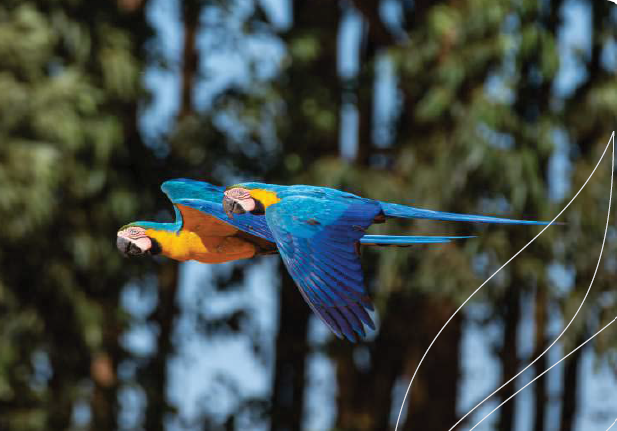
SUSTAINABILITY REPORT 2023
This Sustainability Report was prepared based on the guidelines of the Global Reporting Initiative (GRI) and covers the period from January 1 to December 31, 2023.
Learn more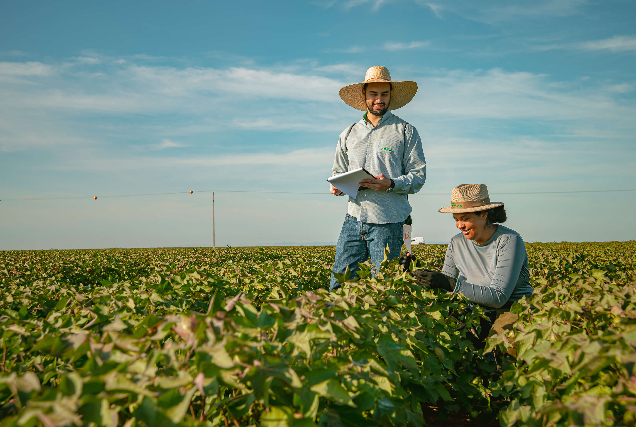
SUSTAINABILITY REPORT 2024
This Sustainability Report was prepared based on the guidelines of the Global Reporting Initiative (GRI) and covers the period from January 1 to December 31, 2024.
Learn moreProducing on a large scale and with quality is a constant challenge that demands not only planning, but also a modern and efficient structure, including a robust fleet of heavy vehicles.





